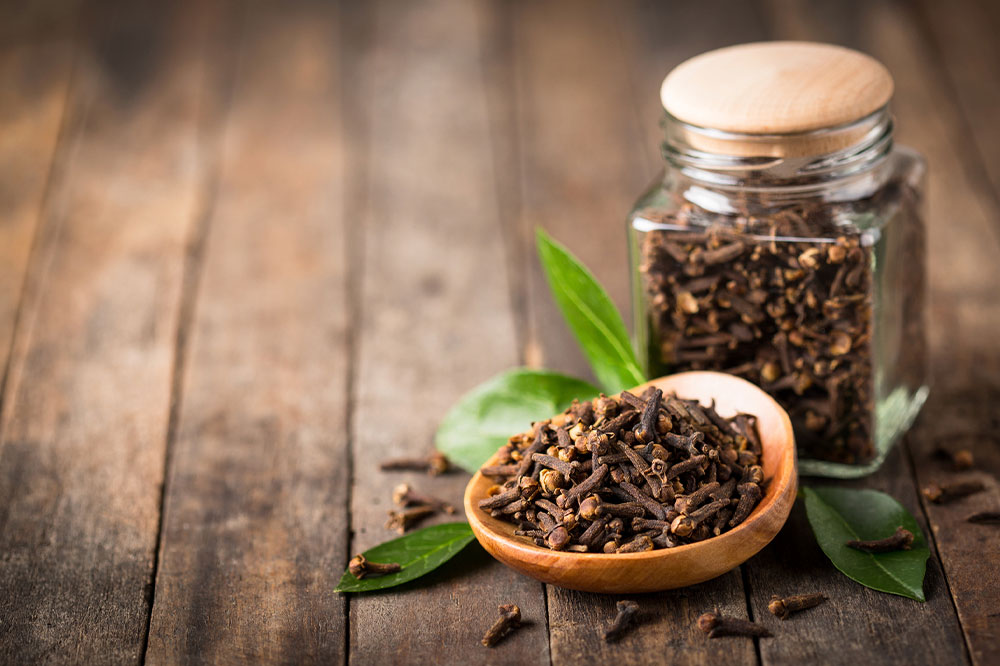
5 scents that can prevent mosquito bites
About 200 types of mosquitoes are commonly present in the country, and only 12 of them spread germs. Everyone must take preventive steps to protect themselves and their family from the bites of these mosquito types. Mosquitoes have a strong sense of smell, and therefore, they get sensitive to certain scents. Synthetic and chemical repellents and fragrances act as irritants. You can use the following five natural scents to keep mosquitoes at bay:
Peppermint
Peppermint is a potent insecticide; its oil can kill mosquito larvae within a day. Peppermint plants in your garden and yard can keep adult mosquitoes at bay, and its oil prevents mosquito bites. The impact of the oil lasts for about three hours.
How to use:
- Mix 10-15 drops of good quality and pure peppermint essential oil in a spray bottle with two cups of water. Identify the spots that a mosquito may gain entry into or hide. Spray this essential oil solution in door frames, window sills, furniture, laundry area, curtains, exhaust fans, and air vents.
- Alternatively, add one or two drops of peppermint oil into pieces of cotton and place them around the house.
- Combine five to six drops of peppermint oil with a carrier oil like coconut oil and apply the mixture to your body. It is also effective to control itches in case of a mosquito bite.
- You can crush a few leaves and rub the residue on your skin.
- Use a few drops in a diffuser in the evening.
Sweet basil
Sweet basil contains four volatile compounds, including nerolidol, limonene, estragole, and citronella, which interfere with the mosquito’s CO2 sensors. It leads to irritation and confusion. Pure sweet basil oil can give you 100% protection from mosquitoes for about 70 minutes.
How to use:
- Place six ounces of fresh basil leaves in a bowl or jar and pour four ounces of boiling water into it. Keep it aside for four hours. Squeeze the leaves and filter the water. Transfer the liquid into a spray can and use it on your skin.
- Mix ten drops of basil oil with coconut oil and apply them to your exposed skin. It relieves itchy skin in case of a mosquito bite effectively.
- Grow basil plants in your garden. Pluck a few leaves, crush them between your palms and rub them on your skin.
- Use dry basil leaf bundles in a potpourri burner to slowly release the aroma that can drive the mosquitoes away.
- Use a few drops in a diffuser.
Lavender
Lavender, as a plant, naturally repels animals but not so with insects. Its essential oil contains linalool and has a strong odor that mosquitoes cannot tolerate. It interferes with their olfactory organs and repels the lavender scent.
How to use:
- Boil 1.5 cups olive oil, and add two cups lavender buds and stems. Simmer this for half an hour to allow the lavender essence into the oil. Strain it twice after it has cooled down completely. Transfer to a bottle and refrigerate it. Once the oil becomes cloudy, you can use it.
- Mix five to six drops of this oil with a few drops of carrier oil like coconut oil, and apply it over your skin. You can also combine it with other oils like tea tree oil, citronella oil, or cinnamon oil before applying it to your skin.
- Use a few drops in a diffuser in the evening when the mosquitoes come out in large numbers.
Lemon eucalyptus
The CDC has approved lemon eucalyptus oil as an effective ingredient in preparing mosquito repellents. It is obtained from a tree and has been a trusted remedy for insect bites, colds, joint pains, and osteoarthritis. Kindly note that lemon eucalyptus is different from eucalyptus.
How to use:
Add boiled or distilled water to a spray can until it is half full. Add witch hazel up to the top. Add 30 drops of lemon eucalyptus essential oil and shake till it is well mixed. Spray on areas where mosquitoes may hide and apply to your exposed skin.
Catnip
In 2021, scientists observed Nepetalactone found in catnip is effective in repelling mosquitoes. Growing catnip in your garden can be a good idea as you use its leaves when required.
How to use:
- Pluck a few catnip leaves, rub them vigorously in your palms and apply them to your exposed skin.
- Use the leaves in your tea to heal from bites and itches.
Things to keep in mind while preparing scents
Always use genuine and unadulterated essential oils for maximum impact. If you are preparing them at home, ensure they do not come into contact with your eyes. Always use protective gear like gloves and a mask to avoid damage from boiling water and to ensure that you do not ingest the essential oils. Keep the essential oils away from the reach of children and pets. Before applying essential oils to the skin, do a test patch on your skin to see if there are any adverse reactions. If you are still confused about its uses, you can opt for repellents available on the market.